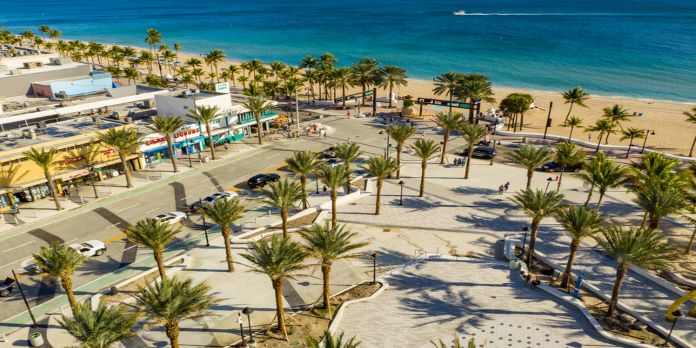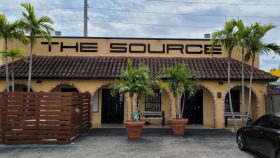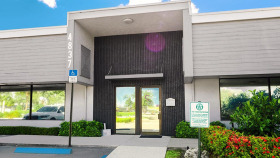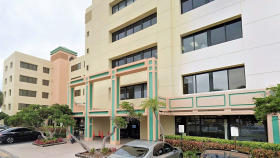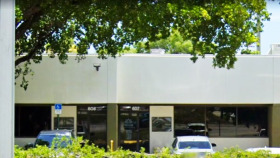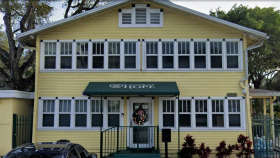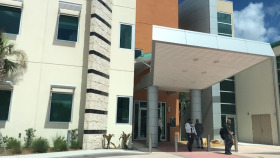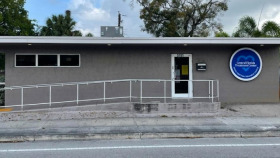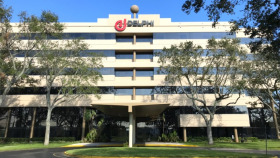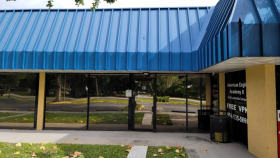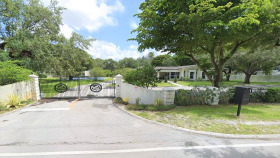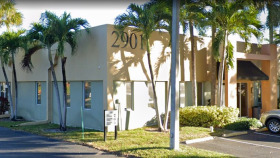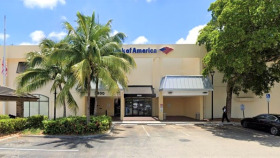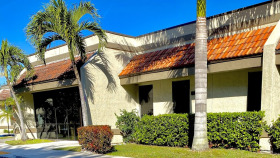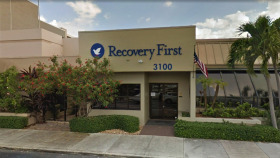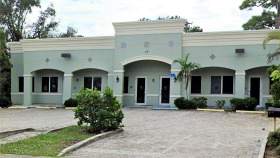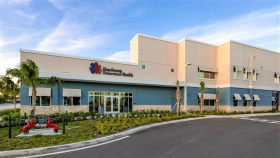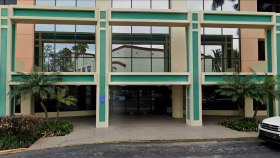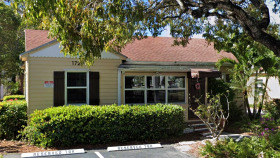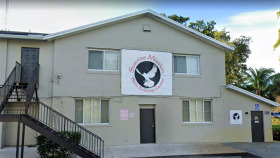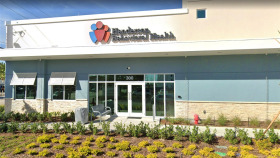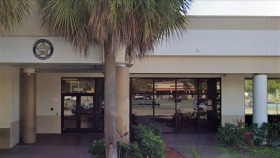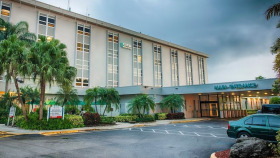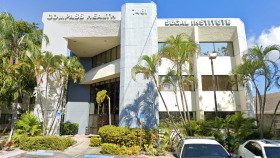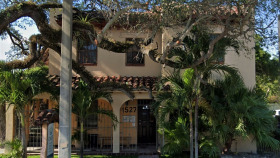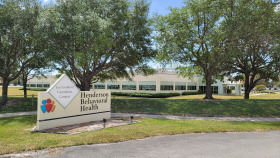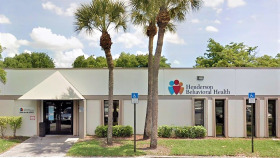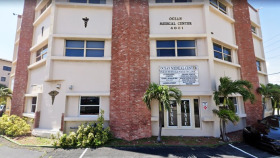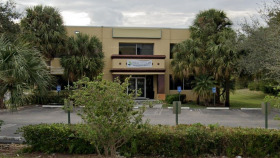Expert Insights
Fort Lauderdale is one of the busiest cruise-ship ports in the world. It’s a hot-spot for tourists. And its proximity to the Bahamas, Jamaica, and the Caribbean makes it an active site for drug trafficking. With all the national, port, and international activity here, drug enforcement is far more difficult. Realistically, it’s virtually impossible to stop all the trafficking. But drug overdoses are claiming too many lives. In 2021, there were 775 fatal overdoses in Broward County. So, we need to focus on education and prevention programs. The residents of Fort Lauderdale need to truly understand the dangers of drug use and have resources available to help them make good choices when drugs inevitably cross their path.
~ Kerry Nenn
How Expensive is Drug Rehab in Fort Lauderdale?
The cost of Fort Lauderdale alcohol rehabs can vary greatly. One of the factors that will impact the price tag is the type of care you receive. Types of treatment for drug and alcohol addiction include:4
- Detoxification treatment (sometimes with medication)
- Residential inpatient programs where you stay overnight at the facility
- Short-term and long-term outpatient care
- Telehealth services
- Ongoing counseling therapies like cognitive behavioral therapy
The type of treatment is not the only factor contributing to the cost. Some facilities are funded by the state and can offer free care to patients. Other rehabs provide luxurious amenities and cost thousands of dollars.
Fort Lauderdale Drug and Alcohol Statistics
Fort Lauderdale is a city located in Broward County, Florida. It’s the 10th-largest city in the Sunshine State, with a population of more than 187,000 residents.1 While it’s mostly known for its beautiful beaches and boating canals, it’s also home to growing rates of drug and alcohol misuse.
In fact, there were more than 6,150 overdose deaths involving fentanyl in 2020 across the entire state.2 If you are struggling with addiction, there are over 100 accredited alcohol and drug rehab centers in Fort Lauderdale and the surrounding area.3

Residents of Florida reported over 22% of adults engaged in binge or heavy drinking in 2020.1,2
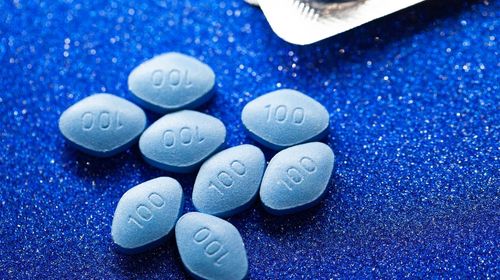
Residents of Florida reported over 12% of adults engaged in Illicit drug use in 2020.1
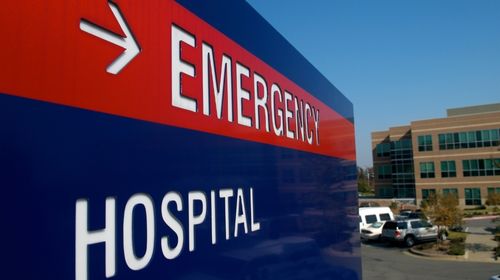
Over 9% of Florida residents experienced an AUD in 2020, while 14% had a substance use disorder (SUD).2
Alcohol and Drug Laws in Fort Lauderdale
The Marchman Act: The Marchman Act was a law passed in Florida to make sure you can get treatment for a substance use disorder, even if you are not in the right state of mind to make choices for yourself. This law encourages you to enter care voluntarily but also provides a path for you to enter involuntarily if the situation calls for such action in specific circumstances.10
Family and Medical Leave Act (FMLA): This is a federal law that is also enacted in Florida. A company that employs 50 or more people is required to accommodate you if you voluntarily choose to take time off work and attend alcohol rehab.10 This law protects your job during the time you are in rehab but does not require your employer to pay you for your time off. You are allowed to take 12 weeks off in a 12-month time period.
Treatment Opportunities for Individuals Convicted of Non-Violent Crimes: In Florida, if you have been convicted of a non-violent crime and have an alcohol use disorder, there are two other options for you besides going to jail. The Pretrial Intervention Program allows you to enter care for a year instead of spending time in jail. This program is offered to those who are first-time offenders charged with a substance abuse-related offense.11 The Diversionary Treatment Program (DTP) is a similar program that provides care for substance abuse and prevents felons from returning to prison.11.
Florida Good Samaritan Overdose Prevention Law: Florida’s Good Samaritan law encourages anyone who witnesses or experiences an overdose to call 911 for emergency care without fear of being arrested or charged with an offense.12 This law is in place to ensure all get the care they need during an emergency situation.
Resources
- Fort Lauderdale, Florida Population 2021 (Demographics, Maps, Graphs). (n.d.). Worldpopulationreview.com.
- FLORIDA PUBLIC HEALTH AND SAFETY ALERT: FENTANYL OVERDOSES | Florida Department of Health in St Johns. (n.d.). Stjohns.floridahealth.gov.
- FindTreatment.gov. (n.d.). FindTreatment.gov.
- Substance Abuse and Mental Health Services Administration. (2020). Florida State-Specific Tables.
- Substance Abuse and Mental Health Services Administration. (2017). 2016-2017 National Survey on Drug Use and Health National Maps of Prevalence Estimates, by State.
- National Institute on Alcohol Abuse and Alcoholism. (n.d.). Drinking Levels Defined | National Institute on Alcohol Abuse and Alcoholism (NIAAA) (nih.gov). National Institutes of Health.
- National Institute on Drug Abuse. (2018). Types of Treatment Programs.
- Substance Abuse and Mental Health Services Administration. (n.d.). Single State Agency Directory.
- Healthcare.gov. (n.d.). Mental health and substance abuse health coverage options.
- Medicaid.gov. (n.d.). Eligibility Medicaid.
- Mentalhealth.gov. (n.d.). Health Insurance and Mental Health Services.
- National Institute on Alcohol Abuse and Alcoholism. (2021). Treatment for Alcohol Problems: Finding and Getting Help.National Institutes of Health.
- Connecticut General Assembly Office of Legislative Research. (2012). Florida law on substance abuse treatment.
- Broward County Sheriff’s Office. (2020). Department of Community Programs.
- The Florida Legislature. (2021). Florida 2021 Statutes.

